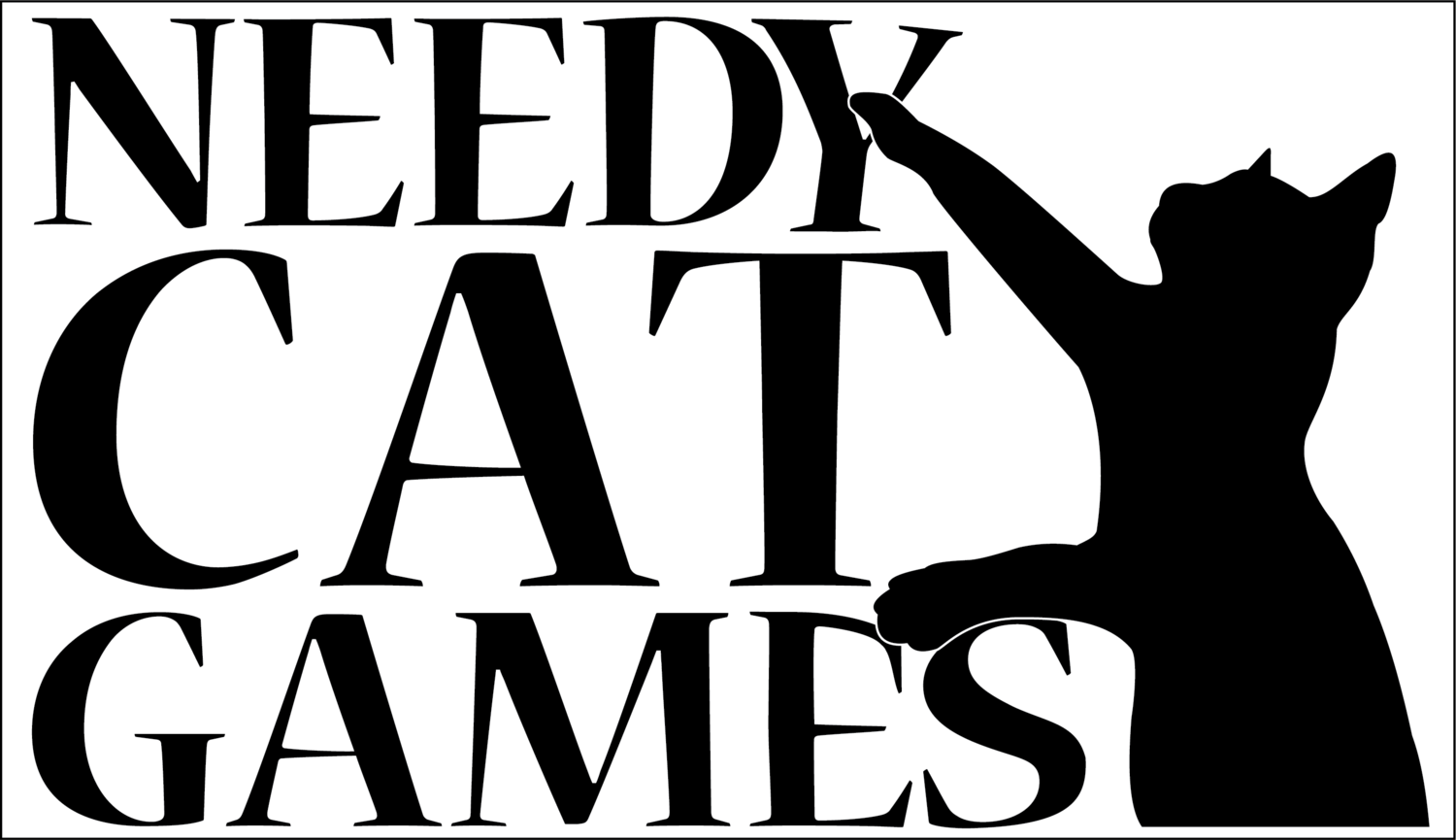Warning for the very easily offended: there are some rather rude words in the quotes below. And a photo you might not want to see. You've been warned!
When I’m in the car by myself, I listen to podcasts. I’ve got a few favourites (I’ll chuck some links below for anyone who’s interested!) with the Adam Buxton podcast hanging around somewhere near the top of the list. I love a bit of Buckles; he always seems to have genuinely interesting conversations with his guests, and he tends to get a lot of people on the show who you don’t hear anywhere else.
The latest episode, with Charlie Brooker, was a real treat. Charlie’s always felt like one of us who made it into the mainstream, us being the nerdy oddballs on the fringe, and every interview or unscripted appearance I see him in seems to confirm it; he’s a bit awkward, very self-deprecating, clearly mildly uncomfortable in his own skin. His continuing success always gave me hope that some day I could be vaguely successful as well. It’s true, you know – representation is important.
That's a BAFTA winner, that is.
Anyway, towards the end of the episode they were talking about good TV. Adam asked Charlie what he’s been watching, and the conversation took an interesting turn.
“Inside Number 9 was the most recent thing, I think, where I looked at it and I thought, ‘that’s so cleverly done’. I don’t know how… I could never do that. Because you forget that, doing it, you do the first draft, and it’s shit, and the second draft is a bit less shit, and the third… and you end up doing about fifteen drafts of everything without even realising it, so it actually ends up – it looks like you were really clever by the time you get to the end, but you had to get it wrong a hundred times. And every time you start again you have to trick yourself into thinking you’re only going to write one draft.”
This really resonated with me, to the point where I had to go back and listen to it again. I’ve never heard such an accurate representation of how I feel when it comes to my own work. There are so many games that are just so clever, so full of great ideas, and I always fail to consider that there’s no way they fell out of the designer’s brain in that state. Every project I work on, there’s a point where I’m kicking myself for not being a genius like whoever I’m currently comparing myself to. I have to stop, take a deep breath and remind myself that they probably spend a lot of time doing the same thing. (Well, maybe not Knizia.)
This man is surely far too prolific for self-doubt.
Over the past couple of years I’ve had a lot of people ask me what they need to do if they want to design games professionally. The advice I always give them is to just have a go at designing a game, because you can’t hone that skill without doing it. But actually, the craft of game design is only one of the thing you need, and self-confidence – or, at the very least, self-awareness – is just as important. If you can’t look at your first prototype for what it is, rather than comparing it to the last Fantasy Flight masterpiece you picked up from your local gaming shop, you’re really going to struggle. I see this in the various board game design forums I’m a member of; people who are just getting started, designing their first game, and they get frustrated because it’s not as good as the games they’re used to playing. As Charlie goes on to say:
“It’s weird, though, because it is a thing that stops you writing in the first place, is thinking, ‘well, this is shit’. While you’re writing you think ‘this is shit’ because it probably is shit compared to the stuff you’ve seen that’s gone through that process and been edited and polished.”
Since launching Needy Cat Games I’ve coached quite a few new designers through their first steps, but I’ve never thought to emphasise how important it is to look out for these moments of wavering self-confidence. Towards the end of last year we organised a social group for the people of Nottingham’s tabletop games industry, and at our monthly gatherings there always seems to be someone wearing a look of relief as they realise they’re not alone in doubting their abilities.
So even though I he’ll never read this: thanks, Charlie, for verbalising my feelings in a way that made me actually think about them.
Here's that list of other podcasts, if you're interested: Regular Features, The Moth, Game Design Round Table, The Distraction Pieces Podcast, Criminal, Harmontown, Ear Hustle, System Mastery, One Shot, Shut Up & Sit Down



